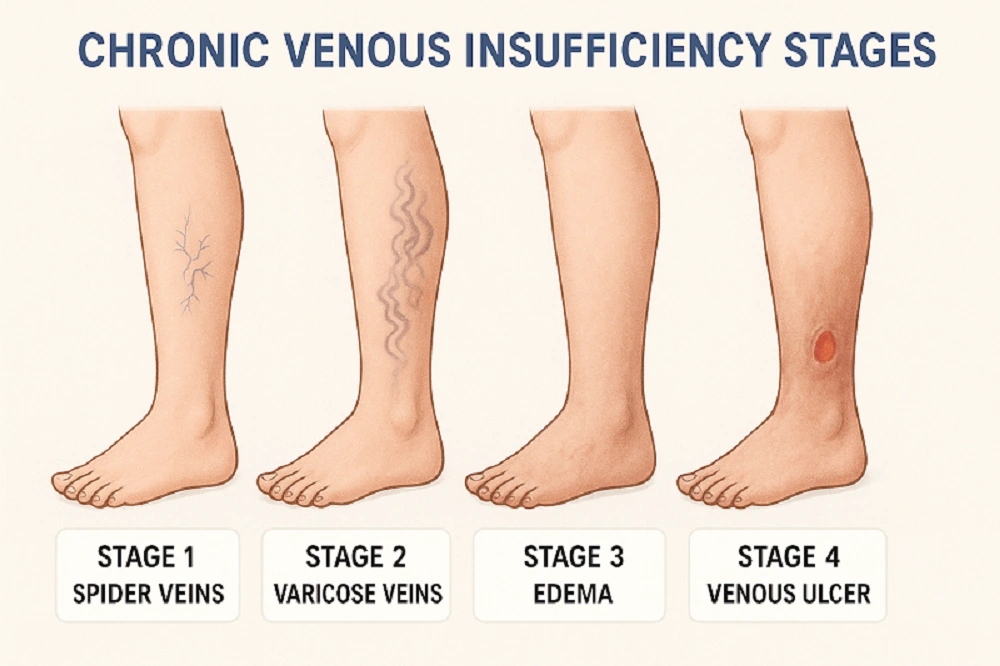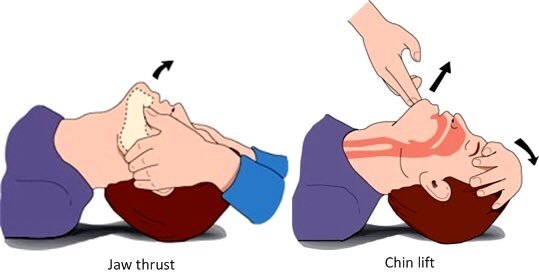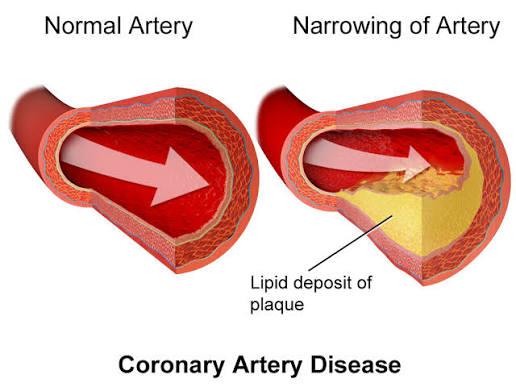
- A. Autonomy
- B. Justice
- C. Beneficence ✓
- D. Non-maleficence
Beneficence refers to the ethical principle that obligates healthcare providers to take actions that serve the best interests of patients. This principle encompasses a range of responsibilities, including:
- Promoting Well-being: Healthcare professionals are expected to actively promote the health and well-being of their patients. This involves not only providing effective treatments but also considering the overall quality of life and emotional well-being of patients.
- Preventing Harm: While beneficence focuses on positive actions taken for patient benefit, it also implies a duty to prevent harm. This aligns closely with another ethical principle known as non-maleficence, which states that healthcare providers should avoid causing harm to patients.
- Balancing Risks and Benefits: In practice, beneficence requires healthcare providers to weigh potential benefits against risks when recommending treatments or interventions. The goal is to ensure that any action taken will lead to a net positive outcome for the patient.
- Patient-Centered Care: Beneficence encourages a holistic approach to patient care, where providers consider individual patient needs, preferences, and values when making clinical decisions.
While all four principles—autonomy, justice, beneficence, and non-maleficence—play vital roles in medical ethics, it is beneficence that primarily emphasizes the obligation to act in the best interest of the patient.
Answer: C. Beneficence







